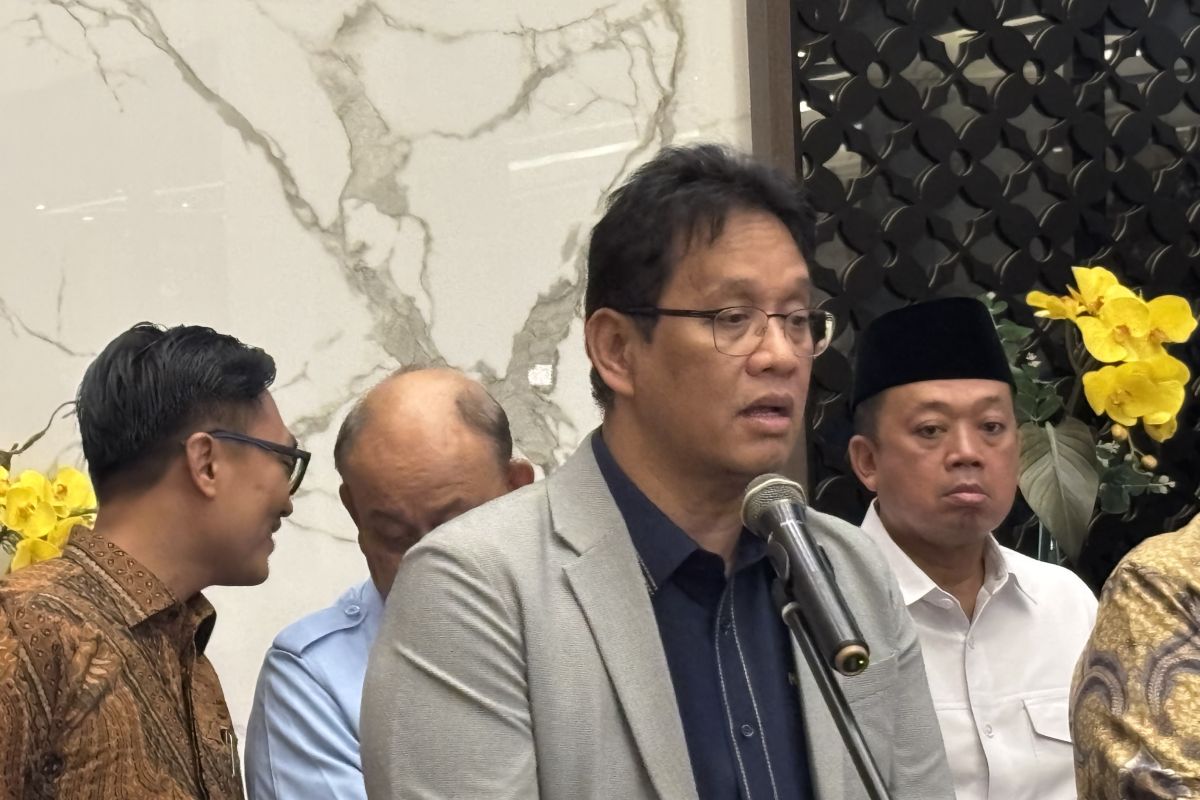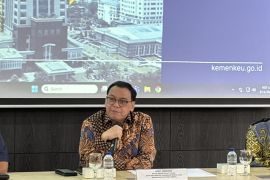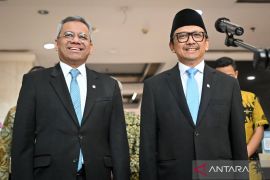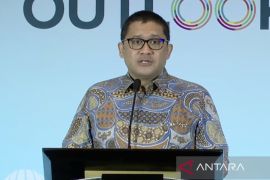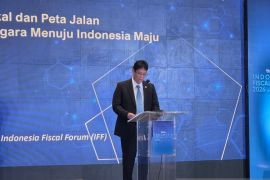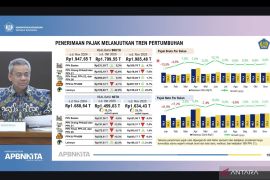Once growth exceeds 6 percent and people find it easier to get jobs, then we will consider adjusting the premiums,Jakarta (ANTARA) - Finance Minister Purbaya Yudhi Sadewa stated that the government will only consider increasing premiums for the National Health Insurance program (BPJS Kesehatan) once Indonesia’s economic growth reaches 6 percent.
According to him, the country’s economy is still in a recovery phase and not yet strong enough to bear additional financial burdens.
“Our economy is just starting to recover, not yet running at full speed. Once growth exceeds 6 percent and people find it easier to get jobs, then we will consider adjusting the premiums,” Purbaya said here on Wednesday.
He emphasized that under the current economic conditions, there are no plans to raise BPJS Kesehatan premiums in the near future.
Any policy changes will only be considered when the public’s purchasing power and overall economic capacity improve.
The discussion on adjusting BPJS Kesehatan premiums was previously included in Book II of the Financial Note and the Draft State Budget (RAPBN) for Fiscal Year 2026.
The document highlights several challenges in managing social insurance programs, including participant payment compliance and the rising burden of healthcare claims.
The government stressed the need for a more comprehensive financing framework to balance responsibilities between participants, the central government, and regional administrations.
This measure aims to ensure the long-term sustainability of the national health insurance system without adding excessive fiscal pressure.
In the 2026 Draft State Budget, BPJS Kesehatan received the largest health sector allocation, amounting to Rp59 trillion out of a total Rp128 trillion.
Additionally, the Ministry of Finance has allocated Rp20 trillion to clear outstanding BPJS Kesehatan premium arrears in an effort to strengthen the institution’s financial stability.
Purbaya underlined the importance of improving governance within BPJS Kesehatan to prevent budget leakage and ensure funds are used effectively.
He added that the government would not impose sanctions if BPJS Kesehatan is unable to fully meet its mandate but expects continued improvements in management and efficiency.
“BPJS Kesehatan provides great benefits to the public. Therefore, we hope they can strengthen their governance to maintain service quality and the sustainability of the program,” he said.
Through this cautious approach, the government seeks to maintain a balance between fiscal capacity, public economic resilience, and the long-term viability of Indonesia’s national social insurance programs.
Related news: Toward a Healthy Papua: Equal health insurance for all
Related news: Gov't to expedite chronic disease control initiative to workplaces
Related news: Indonesia’s BPJS Kesehatan claims Nobel Peace Prize nomination
Translator: Imamatul Silfia, Primayanti
Editor: M Razi Rahman
Copyright © ANTARA 2025
